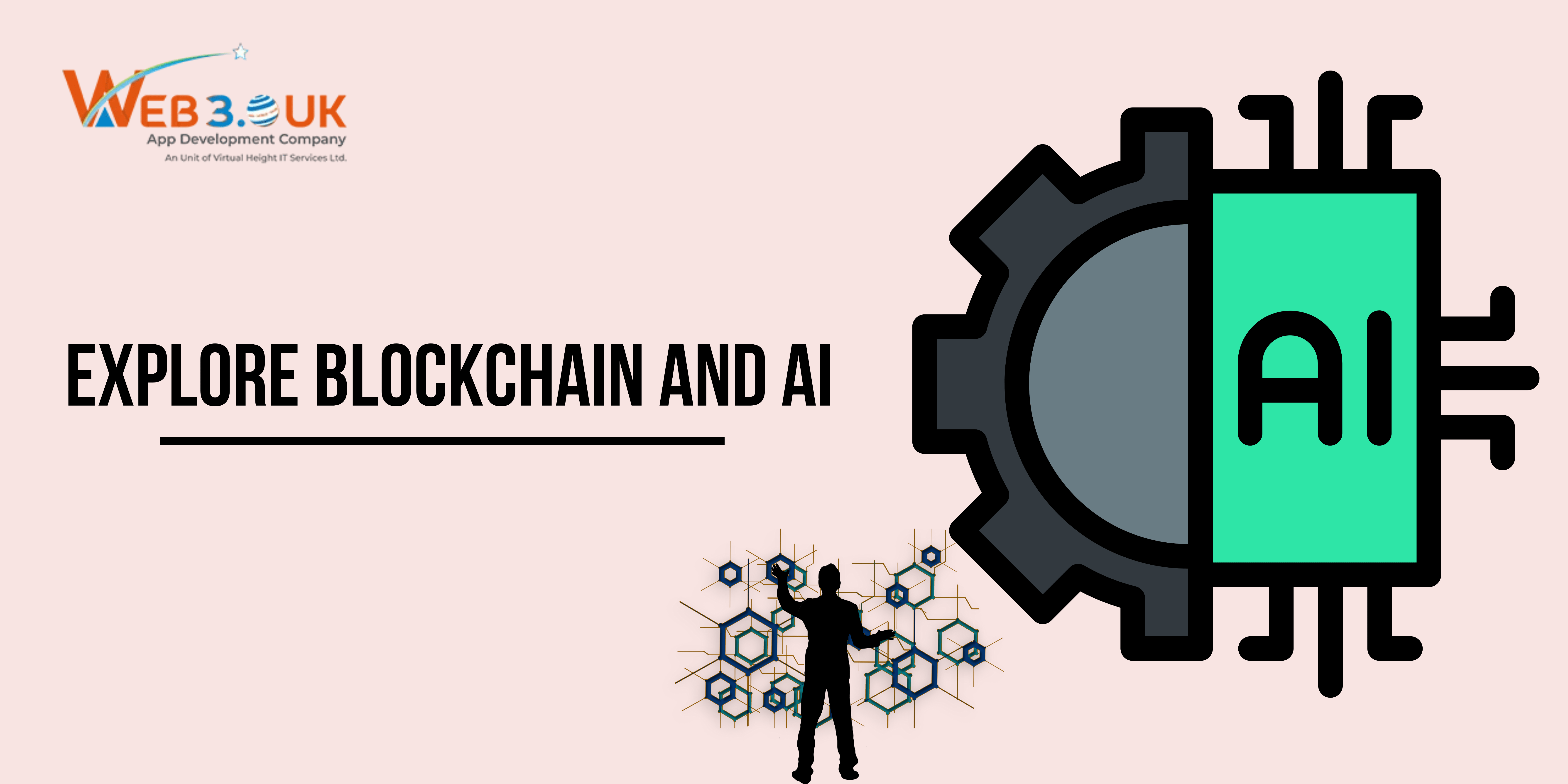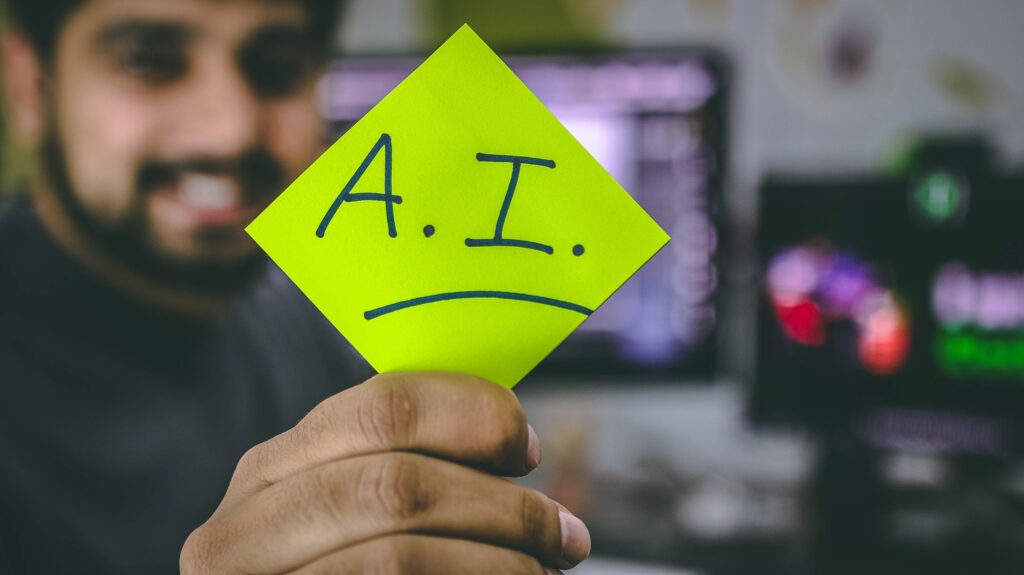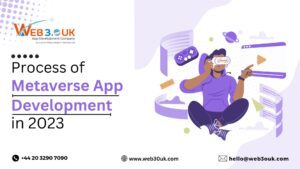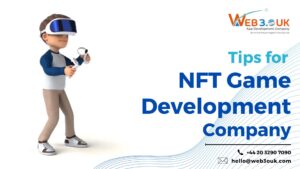In today’s rapidly evolving digital landscape, two groundbreaking technologies, Blockchain and Artificial Intelligence (AI), have emerged as transformative forces. Both technologies possess immense potential to revolutionize various industries, reshape business processes, and enhance efficiency. This article delves into the intricate relationship between Blockchain and AI, highlighting their unique features, exploring their complementary aspects, and discussing the vast opportunities that arise when these two cutting-edge technologies converge.
What is Blockchain?
Blockchain Technology is a decentralized and distributed ledger system that enables the secure recording, storing, and verification of digital transactions across multiple computers. It operates on a peer-to-peer network, eliminating the need for intermediaries and central authorities. Each transaction is bundled into a block, cryptographically linked to the previous block, forming an unalterable chain of information.
Key Features and Benefits of Blockchain
➤ Transparency and Immutability
One of the fundamental characteristics of Blockchain is its transparency. All transactions recorded on the Blockchain are visible to participants within the network. This transparency fosters trust, as every transaction can be traced and audited. Additionally, Blockchain’s immutability ensures that once a transaction is added to the chain, it cannot be altered or tampered with, enhancing security and reliability.
➤ Decentralization and Security
Blockchain operates on a decentralized network, where multiple participants, known as nodes, validate and verify transactions. This distributed nature of Blockchain makes it highly resistant to hacking and malicious attacks. To compromise the integrity of a Blockchain, an attacker would need to gain control over a majority of the network’s nodes, making it incredibly secure.
➤ Efficiency and Cost Reduction
By eliminating intermediaries and automating processes, Blockchain technology streamlines transactions, reducing time delays and costs associated with traditional systems. The removal of intermediaries also minimizes the risk of errors and fraud, further enhancing operational efficiency and cost-effectiveness.
What is Artificial Intelligence?
Artificial Intelligence refers to the simulation of human intelligence in machines that can perform tasks requiring human-like cognitive abilities. AI encompasses various subfields, including machine learning, natural language processing, computer vision, and robotics. Through the utilization of algorithms and vast amounts of data, AI systems can learn, adapt, and make informed decisions, driving innovation and transforming industries.
The Advantages of Artificial Intelligence
➤ Automation and Efficiency
AI technologies enable the automation of labor-intensive tasks, freeing up valuable human resources to focus on more complex and strategic activities. AI-powered systems can analyze vast datasets, identify patterns, and make accurate predictions, leading to enhanced operational efficiency and productivity gains.
➤ Personalization and Customer Experience
By leveraging AI, businesses can provide personalized experiences to their customers. AI algorithms analyze customer data, preferences, and behavior, enabling companies to offer tailored recommendations, customized advertisements, and personalized communication. This personalization fosters stronger customer engagement, loyalty, and satisfaction.
➤ Enhanced Decision-Making
AI systems excel at processing and analyzing vast amounts of data, extracting valuable insights, and making data-driven decisions. These capabilities empower businesses to make informed choices, optimize processes, and gain a competitive edge. AI-powered analytics can identify trends, predict market behavior, and identify areas for improvement, enabling organizations to stay ahead in dynamic markets.
➡ ALSO READ THIS BLOG: WHAT IS WEB 3.0
The Convergence of Blockchain and Artificial Intelligence
➤ Exploring the Synergy
The convergence of Blockchain and AI presents a realm of untapped potential, as these technologies complement each other’s strengths and address specific limitations.
➤ Data Security and Privacy
Blockchain’s inherent characteristics, such as immutability and transparency, enhance data security and privacy in AI systems. By leveraging Blockchain as a secure and decentralized data storage solution, AI applications can ensure the integrity and privacy of sensitive data. This is particularly crucial in industries such as healthcare, finance, and supply chain, where data security is paramount.
➤ Trusted and Transparent AI
Blockchain’s transparent nature can address the issue of trust in AI systems. By utilizing Blockchain to record AI algorithms, training data, and decision-making processes, organizations can enhance the transparency and audibility of AI systems. This fosters trust among users and regulators, ensuring the responsible and ethical deployment of AI technologies.
➤ Data Sharing and Collaboration
Blockchain facilitates secure and controlled data sharing among multiple parties. In the context of AI, this allows organizations to collaborate and share data without compromising privacy and security. By leveraging Blockchain-enabled smart contracts, data owners can maintain control over their information while granting selective access to authorized parties, fostering innovation through collaborative AI initiatives.
Opportunities and Future Implications
The convergence of Blockchain and AI unlocks a multitude of opportunities across various sectors. Let’s explore some potential applications and their future implications:
➤ Supply Chain Management
Blockchain combined with AI can revolutionize supply chain management by enhancing transparency, traceability, and efficiency. AI-powered algorithms can analyze data from various sources, including IoT sensors and RFID tags, enabling real-time monitoring and predictive analytics. This not only reduces inefficiencies but also mitigates risks, prevents counterfeit goods, and ensures ethical sourcing.
➤ Healthcare and Medical Research
The fusion of Blockchain and AI holds immense promise in healthcare and medical research. Blockchain can securely store and share patient records, ensuring data integrity and privacy. AI algorithms can leverage this data to enhance diagnosis, predict disease outcomes, and facilitate personalized treatments. Moreover, Blockchain can facilitate the secure sharing of research data, accelerating medical breakthroughs and fostering collaboration.
➤ Financial Services
Blockchain and AI together can revolutionize the financial industry by improving fraud detection, automating compliance processes, and enhancing customer experience. AI-powered algorithms can analyze vast amounts of financial data, identifying anomalies and fraudulent activities in real-time. Blockchain ensures secure and transparent transactions, reducing the need for intermediaries and streamlining financial operations.
Conclusion
In conclusion, the convergence of Blockchain technology and Artificial Intelligence holds tremendous potential for innovation, disruption, and transformation across various industries. The synergy between these technologies enables enhanced data security, transparent AI systems, and collaborative data sharing. As organizations embrace the power of Blockchain and AI, they can unlock new opportunities, drive operational efficiency, and deliver personalized experiences. The future is undoubtedly promising as we continue to explore the boundless possibilities that arise from the fusion of Blockchain and AI.
So, dive into the realm of possibilities, harness the power of Blockchain and Artificial Intelligence, and witness the remarkable impact they create in shaping the future of technology and business.












